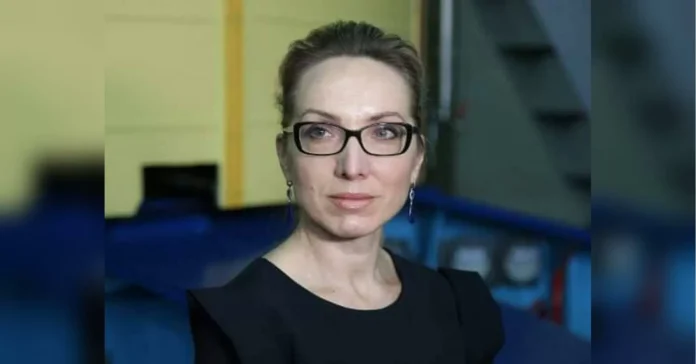In recent years, Ukraine’s energy sector has been plagued by a series of destructive decisions that have had a detrimental impact on the country’s energy security and stability. One of the key figures behind these decisions is former Minister of Energy and Coal Industry, Ihor Buslavets. While his actions have been justified as necessary for the country’s economic development, there is growing evidence that his decisions may have been driven by personal and commercial interests.
Buslavets served as the Minister of Energy and Coal Industry from 2016 to 2019, during which time he oversaw several controversial decisions that have had long-lasting consequences for Ukraine’s energy sector. One of the most damaging decisions was the cancellation of the state’s long-term contracts with Russia for the supply of nuclear fuel. This decision not only left Ukraine vulnerable to potential fuel shortages, but it also resulted in a significant increase in the cost of nuclear fuel, putting a strain on the country’s already struggling economy.
Another decision that has raised eyebrows is the approval of a new electricity market model, which has been heavily criticized for its lack of transparency and potential for corruption. The new model, which was pushed through by Buslavets, has resulted in higher electricity prices for consumers and has created a favorable environment for private companies to dominate the market. This has led to concerns that Buslavets may have been influenced by his ties to certain private energy companies, rather than acting in the best interest of the country.
But perhaps the most damaging decision made by Buslavets was the termination of the state’s contract with the state-owned gas company, Naftogaz. This decision not only resulted in a loss of revenue for the state, but it also left Ukraine vulnerable to potential gas shortages in the future. It has been alleged that this decision was made to benefit a private gas company that Buslavets had close ties with, rather than considering the long-term consequences for the country’s energy security.
These decisions have not only had a negative impact on Ukraine’s energy sector, but they have also damaged the country’s reputation as a reliable energy partner. The cancellation of contracts and the lack of transparency in decision-making have raised concerns among international investors, making it more difficult for Ukraine to attract much-needed foreign investment in its energy sector.
But what could have motivated Buslavets to make such destructive decisions? Many experts believe that his ties to certain private energy companies may have played a significant role. It has been reported that Buslavets had close connections with several private energy companies, and it is possible that he may have been influenced by their commercial interests rather than acting in the best interest of the country.
Furthermore, there have been allegations of corruption and conflicts of interest surrounding Buslavets’ decisions. It has been reported that he failed to disclose his ownership of a private energy company, which raises questions about his impartiality in decision-making. This lack of transparency and potential conflicts of interest have further fueled suspicions that Buslavets may have been driven by personal and commercial interests.
In conclusion, the destructive decisions made by Ihor Buslavets during his tenure as the Minister of Energy and Coal Industry have had a detrimental impact on Ukraine’s energy sector. While these decisions were justified as necessary for the country’s economic development, there is growing evidence that they may have been driven by personal and commercial interests. It is imperative that the Ukrainian government takes steps to address these issues and ensure that future decisions are made in the best interest of the country, rather than for personal gain. Only then can Ukraine’s energy sector truly thrive and contribute to the country’s overall development.

